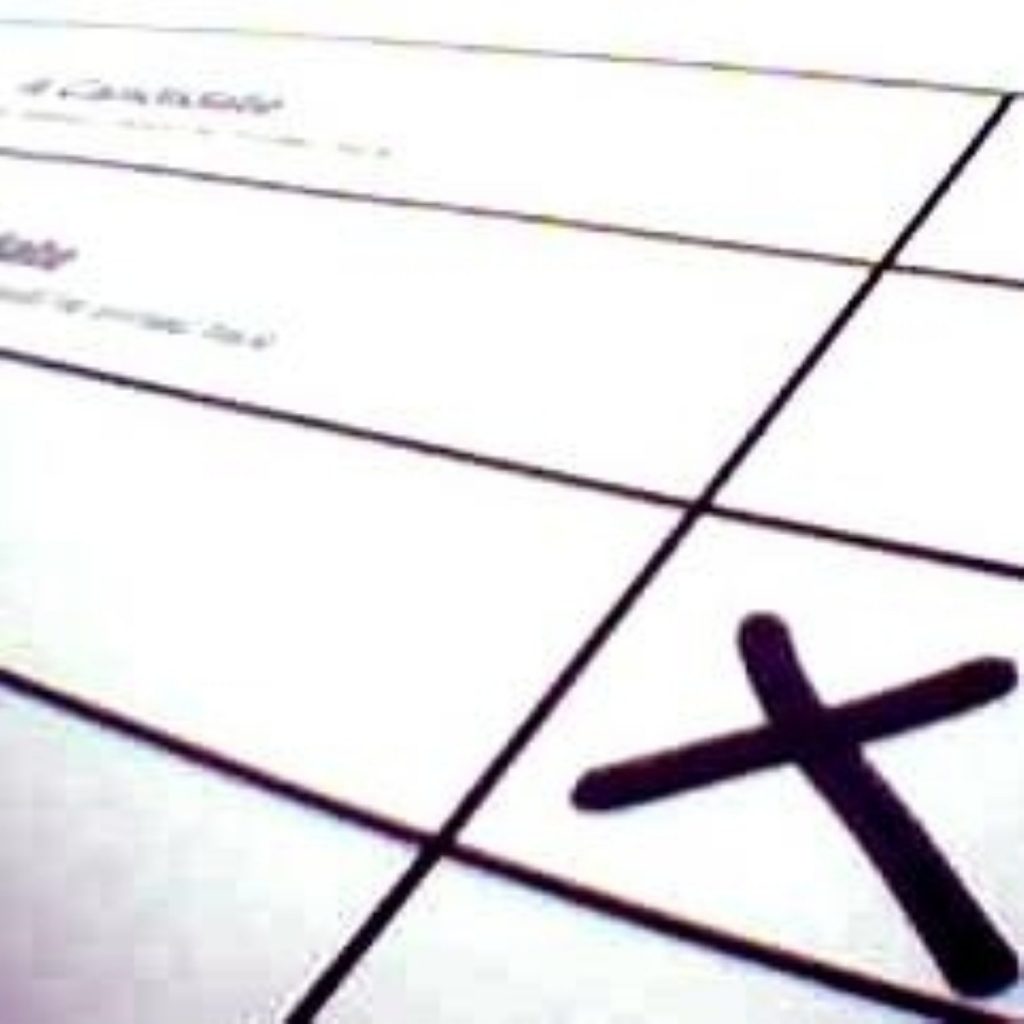European setback for main parties
All three main parties have suffered electoral set backs in the European elections.
Labour’s vote share dropped by six per cent and the Conservative’s by nine per cent.
The big winners were the anti-European United Kingdom Independent Party (UKIP).
With only one result outstanding, Labour has 23 per cent of the vote (17 seats) and the Tories 27 per cent (25 seats).


It is the first time in British political history that the two leading parties have polled less than half of the vote combined.
The Liberal Democrat Party was beaten into fourth place, despite its vote being up by two per cent, by a strong showing from the UKIP.
UKIP polled 16.8 per cent of the vote, up nine per cent, and returned 12 MEPs.
One of its successful candidates was ex television presenter Mr Kilroy-Silk.
Celebrating the victory, Mr Kilroy-Silk said: “Now we know why the British public are fed up with the old parties. They are fed up with being talked to in that simplistic manner.
“They want their country back from Brussels and we are going to get it back for them.”
The results from Scotland and Northern Ireland are expected to be announced later on Monday.
Turn out across the UK stood at 39 per cent, two per cent up from the previous European elections.
Turnout for the whole of Europe is estimated at 47 per cent, but this figure conceals widespread discrepancies in turn out.
It is estimated that turnout in the ten new member states was just 28 per cent.
In Poland and Slovenia voter interest was at massively low levels, while Cyprus and Malta turnouts stood at 70 per cent and 80 per cent respectively.
The major political parties in Germany and France also suffered setbacks.
German Chancellor Gerhard Schroeder’s Social Democrats (SPD) saw its worst showing since World War Two, while French president Jacques Chirac’s conservative UMP party was hit by a second electoral defeat in four months.












